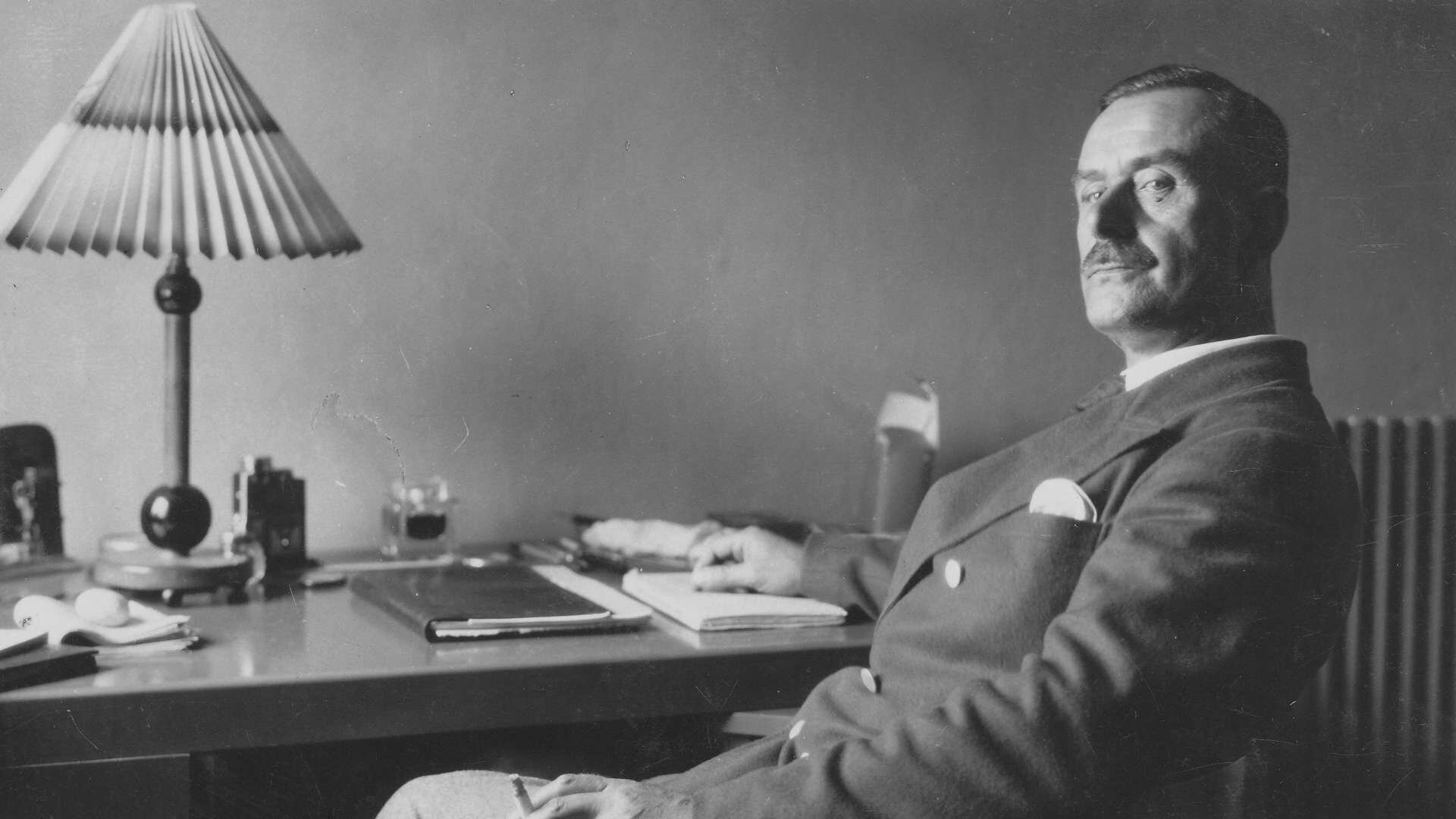
Course Description
What does it mean to age today? What did it mean to age at the beginning of the 20th century? Do we experience aging in the same way across time? Across cultures? How does one go about representing old age? Can it ever be a neutral, realistic, faithful representation? Where does the aging process as the concrete human experience start and where does the cultural construction stop? How does one represent old age when one is young? What about when one is old? What does it mean to age as a woman? What does it mean to age as a man? Throughout this class we will explore disparate answers that different authors have offered for these questions. Several threads will guide our reading and will appear and re-appear in all the texts: memory, loss, decay and degeneration, fear of death. We will also think and re-think our own perception of old age and take into consideration the problem of ageism, a form of discrimination that, in the end, if we really think about it, is quite preposterous since it is directed towards our future selves. (Taught in English)